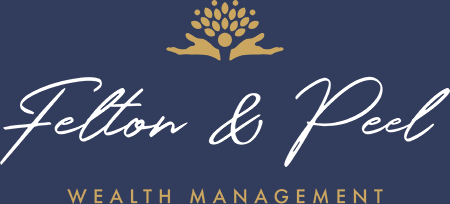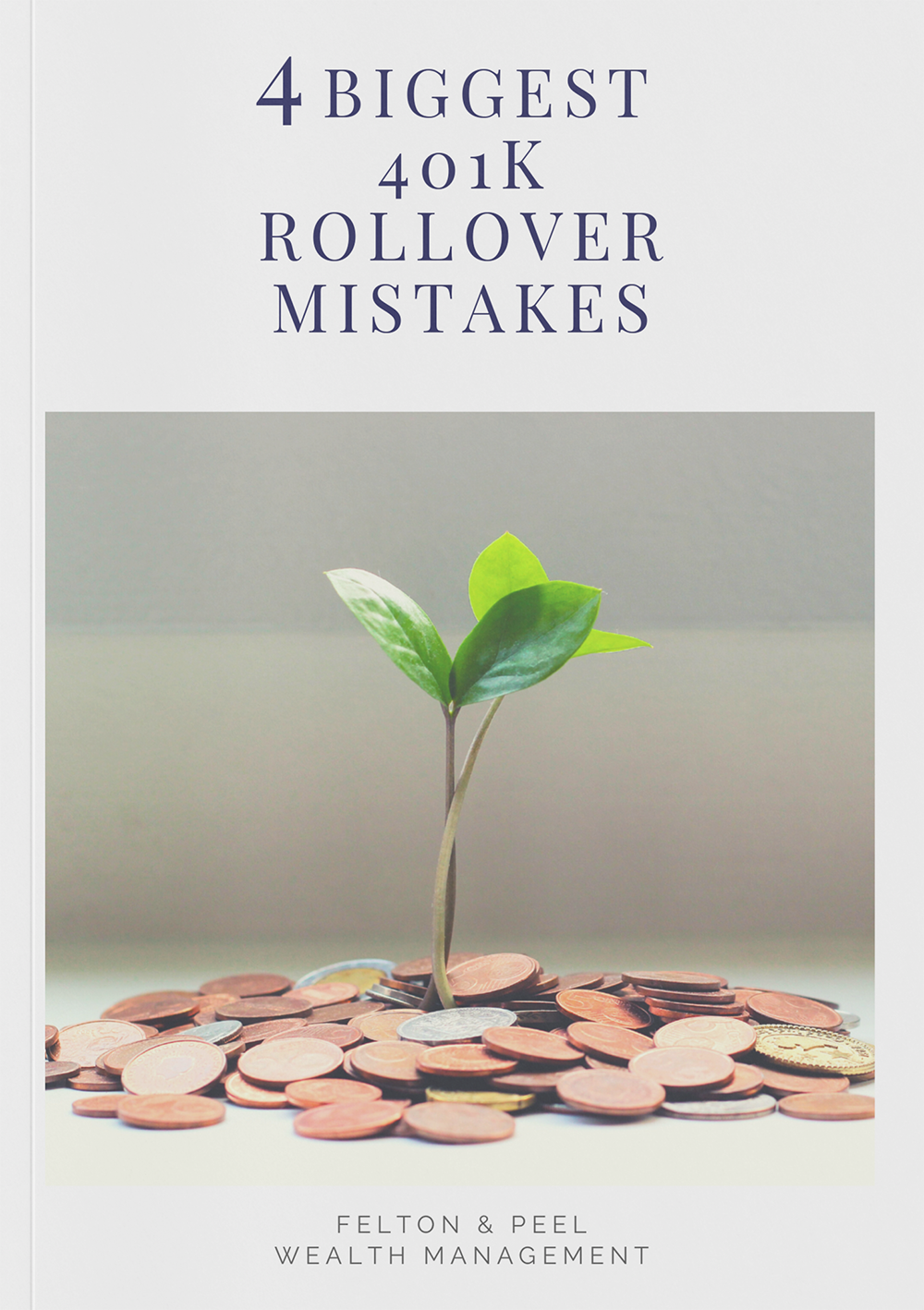
What is Umbrella Insurance, and Do I Really Need It?
Homeowner’s insurance, car insurance, health insurance… if you’re like most of our clients, chances are the last thing you want to hear about is yet another “just-in-case” policy you might need to pay for. But here at Felton & Peel, there’s a certain kind of often-forgotten coverage we sometimes lean on. It’s called umbrella insurance (also known as excess liability insurance), and depending on your circumstances, it might just be a worthwhile expense to add to the pile. But what is umbrella insurance, exactly, and how can you tell if you really need it?
What is Umbrella Insurance?
Umbrella insurance is a type of optional, additional insurance policy that can cover expenses in excess of your existing insurance coverage. In other words, it adds an extra layer of protection in order to help you avoid financial hardship should a major accident happen.
For instance, if you’re sued for damages that exceed the liability limits of your car insurance, homeowner’s insurance or other coverages, an umbrella policy would step in to help you pay what you owe. Think of it as a fail-safe, protecting your personal savings and assets. Coverage limits on umbrella policies typically start at $1,000,000, and in most cases, go as high as $5,000,000.
But even though those limits sound sky-high, purchasing umbrella insurance coverage is not a strategy that’s reserved only for the ultra-wealthy — contrary to popular belief. This coverage is relatively inexpensive for the amount of liability you receive.
Your basic $1,000,000 umbrella policy will cost, on average, between $150-$300 annually.
Of course, you must first carry the minimum coverage amounts required by the insurance company on both your auto and homeowners insurance policies first… but even still, it’s surprisingly affordable.
How Does Umbrella Insurance Work?
To clarify exactly how umbrella insurance coverage works, let’s walk through an example.
Imagine you’re on your way home during Georgia’s famous 2014 Snowmageddon. Hotlanta resident that you are, you’re not used to driving in snow and ice, and your car spins out of control. You total the car next to you, which is bad — but worse, several people are badly injured.
The totaled car costs $80,000 to be replaced, and treatment of the injuries total $750,000. In addition, the driver of the totaled car was a surgeon (lucky you!), and she won’t be able to work for months due to a broken forearm. On top of the existing damages you’re responsible for, she sues you for $250,000 in lost earnings.
Yikes, right? The grand total of your liabilities owed amounts to a whopping $1,080,000. If you carry $300,000 in liability coverage through your car insurance, the remaining $780,000 would have to come out of your pocket. That’s a major hit — and a good reason to think carefully about purchasing umbrella coverage, which in this case would have stepped in and paid the difference.
Who Needs Umbrella Insurance Coverage?
Remember how we said umbrella insurance coverage is the “forgotten insurance”? Although it’s obviously pretty darn useful when it’s needed, it’s also not hard to see why this kind of coverage is often overlooked. Umbrella insurance is an optional insurance policy, not required by most state laws like auto and homeowners’ insurance.
And those super-high coverage totals might sound unlikely. Who gets unlucky enough to have an accident that serious? Well, surprisingly, it’s not as uncommon as you might think. According to data from Jury Verdict Research, 13% of personal injury liability awards and settlements hit the million dollar mark or higher.
It’s certainly possible to offset the additional annual cost you’d incur if you purchased umbrella insurance. If you increase the deductibles on your home and auto policies and keep a hefty cash reserve. Not only will you have the funds to pay those higher deductible limits in the case of an emergency, but your overall annual premiums could be lower in the process.
But there are a few specific reasons you might want to seriously consider obtaining umbrella coverage:
1. You have significant savings or assets that you would like to safeguard.
At Felton & Peel, we would like to protect as much of your assets as we can especially since the cost of this insurance is so minuscule.
2. It’s possible that visitors could get injured on your property.
Do you own, rent, or borrow things that can lead to injury? If you have a pool, tree house, ATV, trampoline, or dog, you could be liable for major expenses if somebody gets hurt on your property.
3. You’re responsible for others — and thus at risk of being sued.
If you’re a landlord, a kids’ sports coach, or someone who serves on the board of a nonprofit, your responsibilities might put you in a vulnerable position. Umbrella coverage can help offset any major expenses you might incur through this work.
4. You walk on the wild side… at least a little.
Do you participate in sports where you can easily injure others, such as skiing, surfing, hunting, or — my personal favorite — mixed martial arts (Judo and Muay Thai to be exact)? You don’t have to be an out-and-out adrenaline junkie to run into serious trouble.
5. You’re kind of a big deal.
If you need to protect yourself from defamation lawsuits, like libel and slander, umbrella coverage might be a good idea. Those proceedings can get costly quickly.
6. You’re traveling abroad.
Umbrella insurance can be a great way to protect yourself from liability claims against you while traveling outside of the United States.
How Much Umbrella Coverage Do I Need?
If you’ve decided you do need umbrella insurance, you may still be at a loss for figuring out how much coverage you need. Fortunately, there’s a quick and simple method for determining the right amount: subtract your respective liability coverage limit from all assets at risk, including home equity, personal property, investments, and savings. If you get a negative number, you’re in a potentially risky situation, but it’s a good idea to consult with an Insurance Specialist or a CFP® professional to confirm your calculation.
With an estimated 15 million lawsuits filed in the U.S. every year, it may not hurt to have an umbrella policy even if you can self-insure. Why would you want to risk your own assets when you can transfer that risk for as little as $150 a year?
At Felton & Peel, an umbrella insurance assessment is a standard part of our comprehensive financial planning services. We invite you to get in touch with us, and we’re happy to chat about our unique process — and make sure you’re covered for all of life’s surprises.







